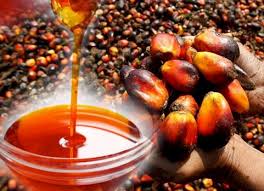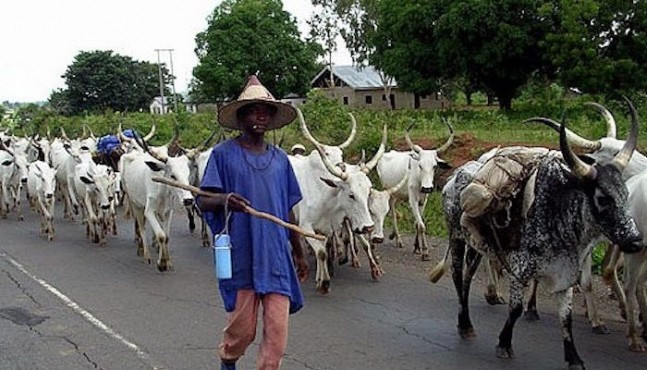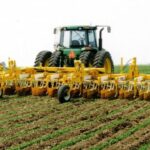Nigeria’s Minister of State for Agriculture, Senator Aliyu Sabi Abdullahi, has assured that appropriate measures are being taken to ensure that ghost farmers are not included in the list of beneficiaries of government intervention programmes in the agricultural sector going forward.
Abdullahi said that in line with one of President Bola Tinubu’s agenda which is food security, the Ministry has rolled out programmes to assist farmers in different aspects of the agricultural value chain to actualise that.
Join our WhatsApp ChannelThe minister, who appeared on Channels Television Sunrise Daily on Monday morning, stated that the Federal Government had in the past funded schemes in the agricultural sector which didn’t reach the targeted beneficiaries thereby making them achieve no result. According to him, the story is different today, as they now conduct thorough verification of claims by potential beneficiaries.
He said: “Some of the programmes done in the past, were targeting the number of farmers but what we are saying now is that we don’t want to target the number of farmers. We want to target the hectarage because it is in the land that you are going to produce. If you are looking at human beings, you can have one million farmers, but do they have 100,000 hectares of land?”
“We are taking the issue of agricultural farmland data very seriously,” he stressed.
He said the National Council on Agriculture will come in handy and technology will also be deployed in the verification process.
“We have realized that it is the ghost farmers or the portfolio farmers or those who have access that are able to come forward to claim that I have 10,000 hectares and all of that. Even in this wheat programme, when it started, the number of hectarage people were claiming reduced by the time we sent our officers to go and verify.”
“We realized very well that government is pumping money into the sector but where is the money going to? Is it going to the right people, I think that is something questionable.”
He said that what they want to do is to be sure of where the pieces of land being used for production funded by the government are located.
READ ALSO: 2024: Tinubu Charts New Economic Path, Vows To Tackle Food Inflation, Power Crisis
“What we are doing is to sieve out the bad eggs in the farming landscape so that genuine farmers who are truly interested will get government support.”
He said that he and the substantive minister had after evaluating challenges in the agricultural sector and existing programmes, upon assumption of office, came up with focal areas segmented into immediate, midterm and long-term timelines. Some of the focal areas, according to him, include value chain development, seed production, product processing, and livestock management.
Tackling Food Shortage
In terms, of production, he said their focus now is on tackling food shortage by increasing the production of basic staple foods in Nigeria such as maize, wheat, rice, cassava, millet, sorghum, soybean, yam and potatoes. “All of these are the critical food security crops in the country,” he stated.
Abdullahi explained that the Federal Government is currently placing priority on boosting wheat production in the country because it is highly underproduced.
“Annually, about six million metric tons of wheat are consumed in Nigeria, most of which are imported. Nigeria is not producing even half a million, but we have internal capacity to produce wheat,” Abdullahi noted.
On how the Federal Government plans to achieve the cultivation of about 500,000 hectares of farmland to boost food production since the states actually own the lands, Abdullahi said the government would work with critical stakeholders including state governments, agricultural commodity associations, and private sector operators to come up with a plan on that. According to him, they have put in place the National Agricultural Growth Scheme under which they are promoting dry-season farming. Under it, he added they have started with the Wheat production programme.
Explaining further how they engage wheat farmers, the minister of state said they know what each state produces, adding that about 15 states in Nigeria today produce wheat in commercial quantity.
He mentioned that Jigawa State is prominent among states showing strong interest in the wheat production programme, as they have made available over 50,000 hectares of land for it and have been into production for many years.
He emphasized that the only way the government can tackle food shortage is to initiate measures to boost production like the dry season farming they have embarked on and also address security challenges caused by bandits and terrorists in parts of the north.
The minister of state also hinted at plans to deploy ICT-enabled extension services. According to him, this will involve creating a platform that will provide vital information to farmers in languages and formats they can access to gain knowledge of modern farming practices.
Victor Ezeja is a passionate journalist with seven years of experience writing on economy, politics and energy. He holds a Master's degree in Mass Communication.




















Follow Us